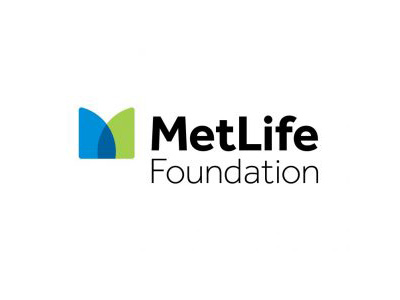Lender Center for Social Justice Awards 5 Grants for Racial Wealth Gap Studies
Five faculty research projects that identify and address issues contributing to or helping alleviate the racial wealth gap in the United States have received grants from the Lender Center for Social Justice. The grants are made possible by funding from MetLife Foundation.
“We are very pleased to advance these efforts to more closely examine the root causes of the racial wealth gap in the U.S.,” says Kendall Phillips, Lender Center interim director. “These thoughtful initiatives should produce exceptional insights and have practical impact. We look forward to learning about their findings.”
The following projects received grants:
“Closing the Racial Wealth Gap Through Environmental Justice and Participatory Design”
Eliana Abu-Hamdi, associate dean for research; Iman Fayyad, assistant professor, School of Architecture; and Daniel Cronan, assistant professor of landscape architecture, SUNY College of Environmental Science and Forestry
Researchers will explore how built environments can positively impact basic life needs that may be neglected in underprivileged communities. The project looks at the health and wellness benefits of installing shade structures and public recreational infrastructure; the economic and social stability impact of infrastructure that promotes business opportunities and wealth generation; and community empowerment created by citizen involvement in the design and construction of public spaces.
“K12 Diversity, Equity and Inclusion (DEI) Policies and Plans”
George Theoharis, professor of educational leadership and inclusive elementary education, and Leela George, associate teaching professor in educational leadership, School of Education
Researchers are examining how school policy is implemented. Key areas of exploration are the elements school districts include in DEI policies to create more equitable schools in an increasingly diverse society and the steps and interventions school districts use to move those policies forward.
“Advancing Mental and Behavioral Health Equity Among Historically Marginalized Populations Through the Promotion of an Equitable Crisis Response System”
Michiko Ueda, associate professor of public administration and international affairs, Maxwell School of Citizenship and Public Affairs
Ueda is exploring effective strategies to increase the use of the “988 Suicide and Crisis Lifeline” (988 Lifeline), a phone, text and online chat service, among Black, Indigenous and people of color populations to advance health equity. The project focuses on people experiencing mental health emergencies and potentially suicidal ideation and the factors affecting their use or non-use of the hotline. The project also examines promotion opportunities to build greater awareness of the service since it transitioned to 988 Lifeline.
“Food Policy Councils as a Vehicle to Address the Racial Wealth Gap in Food System Labor”
Laura-Anne Minkoff-Zern, associate professor of food studies, Falk College of Sport and Human Dynamics, with Jonnell A. Robinson, associate professor of geography and the environment, Maxwell School
This project examines whether the policy work and grassroots advocacy efforts of national food policy councils can address racialized wage and wealth injustice. It looks at organizational tensions between labor advocates and small food and farming business interests regarding racialized labor and wage disparities.
The researchers want to develop best practices to reduce inequalities for food chain workers of color in stagnant tipped and minimum-wage positions and identify barriers for beginning farmers and other food business owners of color.
“Do Underserved and Underrepresented Communities Pay a Higher Premium in Employer-Sponsored Healthcare Coverage?”
Willie Reddic, associate professor of accounting; Susan Albring, professor of accounting; and Patricia Crawford, doctoral candidate in finance, Whitman School
This project studies the potential economic inequities and health insurance coverage disparities faced by underserved and underrepresented communities. Researchers will analyze and compare insurance payment levels and coverage provisions.


